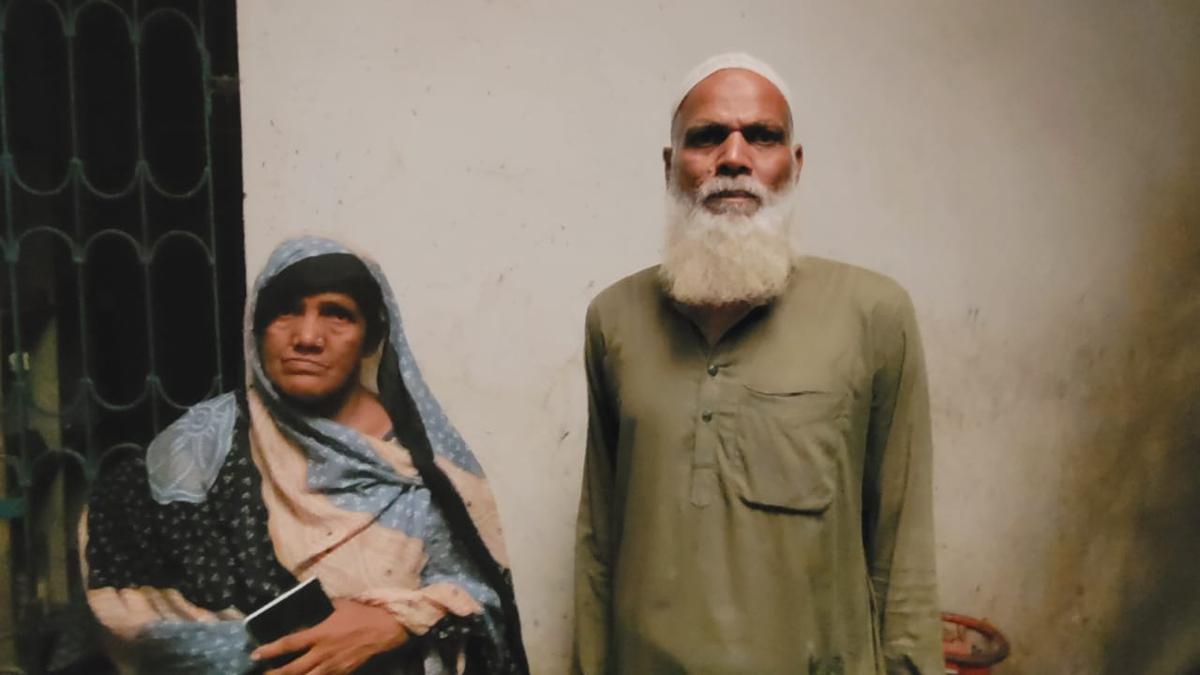Now Reading: Jain Monk Pauses Hunger Strike Amid Row Over Pigeon-Feeding Ban, Awaits Fadnavis Talks
-
01
Jain Monk Pauses Hunger Strike Amid Row Over Pigeon-Feeding Ban, Awaits Fadnavis Talks
Jain Monk Pauses Hunger Strike Amid Row Over Pigeon-Feeding Ban, Awaits Fadnavis Talks

Rapid Summary
- Jain monk Nileshchandra Vijay has temporarily postponed his indefinite hunger strike, initially scheduled for August 13, after preliminary discussions with the Maharashtra Chief Minister’s office regarding a ban on feeding pigeons at Mumbai’s Dadar kabutarkhana.
- Mr. Vijay is awaiting a potential meeting with Chief Minister Devendra Fadnavis to present grievances about the ban affecting pigeon-feeding practices.
- The postponement is temporary: if no positive response emerges within three days of their meeting, Mr. vijay plans to resume protests and mobilize one lakh members of the Jain community against the policy.
- He also cautioned that continued restrictions would prompt a boycott of upcoming civic elections by Mumbai’s Jain community.
- The Supreme Court declined to intervene in an appeal challenging a Bombay High court ruling that upheld a municipal ban on public feeding at kabutarkhanas due to important health hazards associated with such practices.
- In response, some community members have improvised option methods like using car rooftops as mobile feeding stations for pigeons near restricted areas.
- The Jains claim around 10,000 pigeons have died within 15 days due to starvation and lack of water following the imposition of these restrictions. Evidence allegedly documenting this will be presented to authorities.
Indian Opinion Analysis
The issue reflects an intersection between public health concerns and religious traditions in urban governance. On one hand, court rulings emphasize broader societal interests by addressing health risks posed by widespread pigeon-feeding-echoing expert warnings about zoonotic diseases and pollution caused by bird waste. On the other hand, religious sentiments tied deeply into cultural norms are equally valid considerations requiring sensitive negotiation.
The Jain community’s innovation in finding legal workarounds (e.g., rooftop feedings) suggests adaptability while underscoring their commitment to animal welfare principles. However, threats of political retaliation through election boycotts coudl escalate tensions if not managed constructively.
A balanced resolution via effective dialog that harmonizes civic well-being with respect for religious values will be critical-especially given upcoming local elections where symbolic gestures frequently enough stir emotive responses from multiple sectors. The involvement of high courts signals this debate as emblematic of evolving jurisprudence grappling with India’s pluralistic dynamics.























